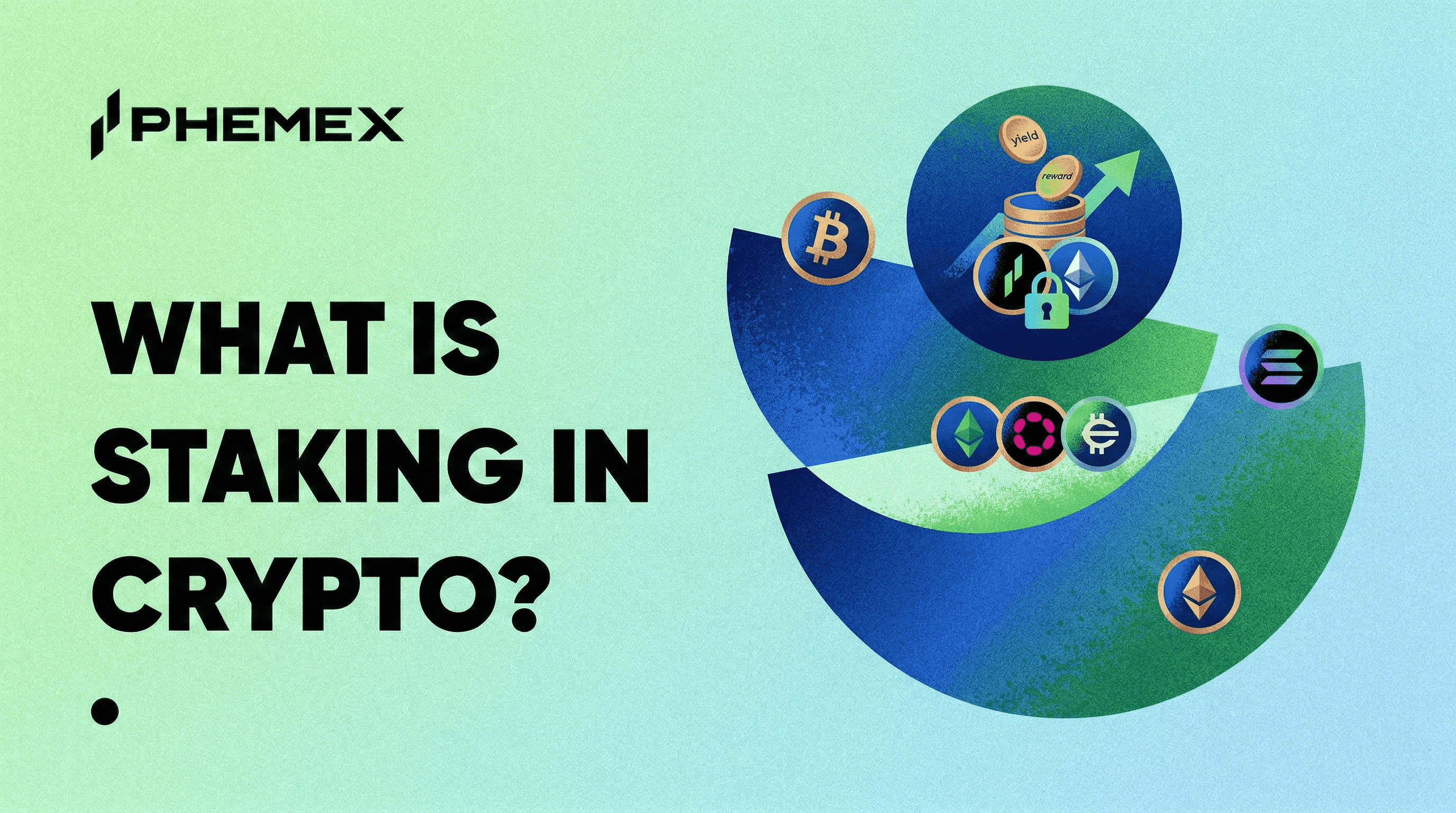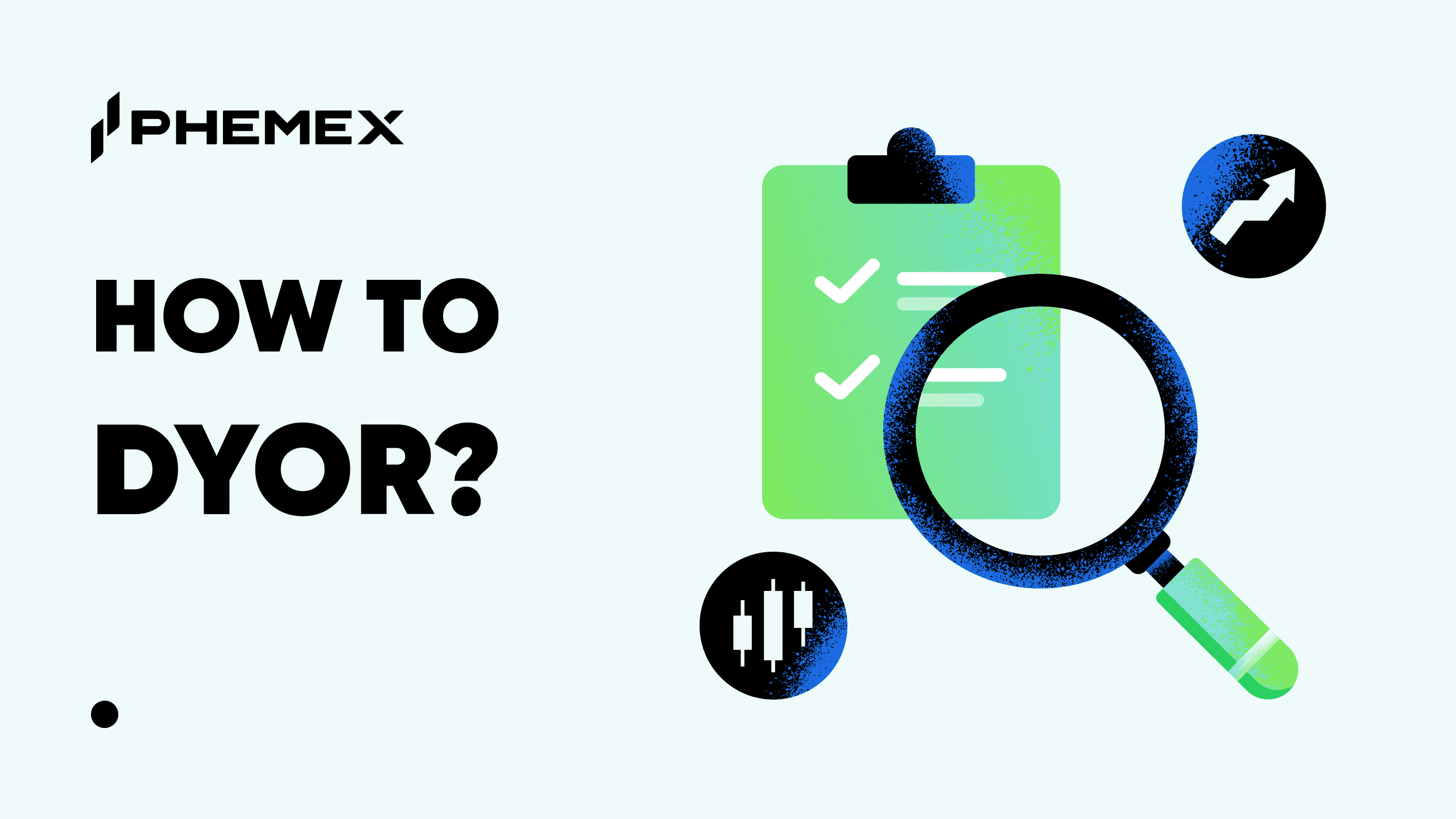
Decentralization is at the core of cryptocurrencies. Not having a single point of control was its initial promise and this promise resonated with people looking for financial inclusion and ownership. Bitcoin and most of the other cryptocurrencies operate on blockchain technology without the need for an intermediary like a bank. You may wonder: in the absence of governing entities, how do cryptocurrencies secure the network and prevent data manipulation? Proof of work (PoW) provides the answer.
What is the meaning of Proof of Work?
Proof of Work (PoW) is a consensus algorithm used in blockchain networks to verify and secure transactions. It allows anonymous users in the network to trust each other. While alternative consensus algorithms emerged with the evolution of user demand in the crypto space, PoW remains the original consensus introduced by Satoshi Nakamoto, the creator of Bitcoin, and the mechanism of choice for the majority of cryptocurrencies.
How does the PoW model work?
Proof of Work requires participants to compete against each other to solve a complex mathematical puzzle to create new blocks on the chain. This process is also called mining, and it involves significant computational power. The miner who finds the answer to the puzzle, known as a “hash”, creates a valid new block and gets rewarded with cryptocurrency. Other miners in the network then use this new block as the input required for the next block.
How does PoW help maintain network trustworthiness?
In PoW, miners use high-powered computers to complete the equations, resulting in rising expenses for computational machinery. Due to the substantial resources and energy consumption involved, PoW inherently disincentivizes participants from carrying out fraud.
In addition, the miner who successfully discovers the solution to the next block broadcasts it to the rest of the network before it gets added to the blockchain. Other participants can easily detect inaccurate solutions and prevent malicious actors from interfering with the network. For a malicious actor to meddle, they would need to access 51% of the network, which would require a prohibitively expensive investment.
An alternative consensus algorithm: Proof of Stake
While Proof of Work has been the dominant consensus algorithm in the history of crypto, disadvantages such as intense energy consumption and scalability challenges have led to the emergence of Proof of Stake (PoS) as a viable alternative. Ethereum, Cardano, Polkadot, and Solana are some of the coins using PoS.
In the PoS algorithm, block creators are called validators, and the network selects them based on the cryptocurrency they hold and stake. Validators ensure the integrity of the blockchain because having their resources at stake incentivizes them to act honestly.
- PoS is more energy efficient than PoW as it doesn’t require high-powered computers.
- PoS also offers more scalability by eliminating the need for physical mining machines, enabling a higher number of transactions per second compared to resource-intensive PoW.
One concern with PoS is that it favors participants holding the largest stake, granting them validator status. If no safeguards are implemented, this can potentially discourage new users to join the network and lead to a centralization of power.
The Bottom Line
Proof of Work has been around as a viable consensus mechanism since the early days of cryptocurrencies due to the reassurance it provides in terms of security. The complexity of discovering the hash and the ease of verification by other participants contribute to its appeal.
As the cryptocurrency landscape evolves rapidly, new consensus mechanisms such as PoS are emerging to cater to the evolving needs of users. Whether it’s PoW or PoS, the promise of consensus algorithms remains the same: providing a way for participants to collectively agree on the validity of new data and safeguard the integrity of the blockchain network.







